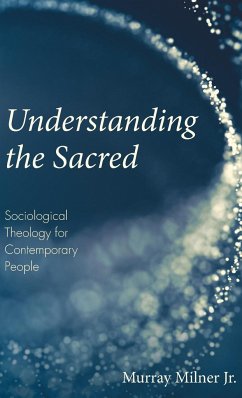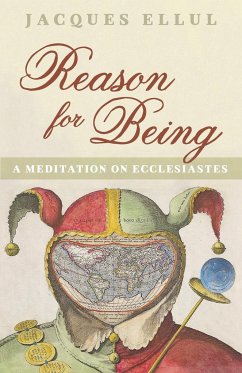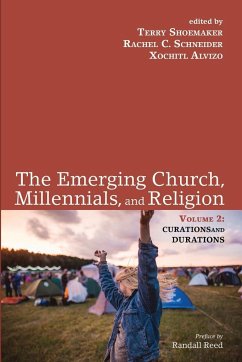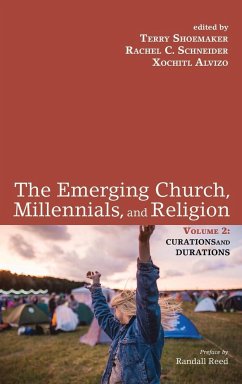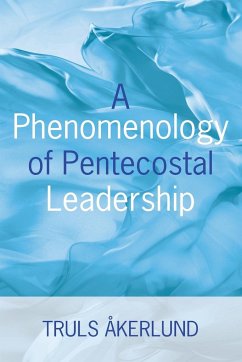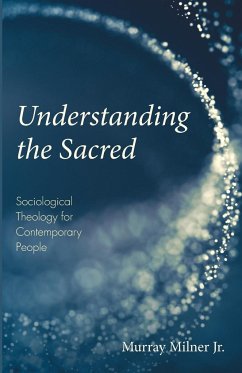
Understanding the Sacred
Versandkostenfrei!
Versandfertig in 1-2 Wochen
17,99 €
inkl. MwSt.
Weitere Ausgaben:

PAYBACK Punkte
9 °P sammeln!
In the United States and Europe, membership and participation in Christian churches have steadily declined. When asked for their religious preference, increasing numbers say ""none."" This is especially the case for younger adults and the well-educated. A key reason is that many find the prayers, creeds, and liturgy--and the theology that underlie these--to be incomprehensible or unbelievable. But theology need not be unbelievable, and doctrine need not be doctrinaire. This book provides a new approach to theology by drawing on sociological concepts that most people will find familiar--for exa...
In the United States and Europe, membership and participation in Christian churches have steadily declined. When asked for their religious preference, increasing numbers say ""none."" This is especially the case for younger adults and the well-educated. A key reason is that many find the prayers, creeds, and liturgy--and the theology that underlie these--to be incomprehensible or unbelievable. But theology need not be unbelievable, and doctrine need not be doctrinaire. This book provides a new approach to theology by drawing on sociological concepts that most people will find familiar--for example, role, social relationship, pluralism, hierarchy, and status. At the core of this theology is the concept of sacredness. What is especially new is to see sacredness as the ultimate form of status, that which is most praised and valued. Since virtually everyone is familiar with a variety of status systems--at work, in schools, while shopping, in church--this approach makes theology more understandable and meaningful. Yet we should not abandon the accomplishments of the spiritual and intellectual past. Hence, such classical doctrines as sin, the Trinity, revelation, atonement, salvation and grace, the nature of the church, and worship, are reinterpreted so that they are credible and meaningful to contemporary people. Any moderately educated person will find this book accessible. It is deliberately a brief book that will inform and stimulate laity, be helpful to clergy, and challenge scholars.




